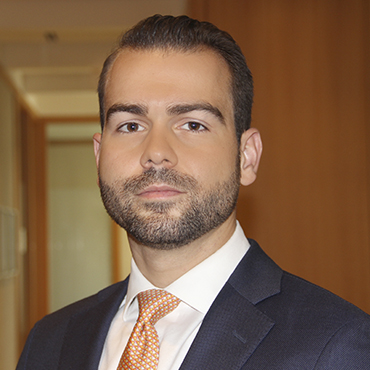Creating NFTs of luxury products in the metaverse? Here’s how to avoid being sued.
Coral Gables, FL – December 13, 2021 – Recently, the Financial Times reported on the luxury goods group, Hermès, as they defend their intellectual property and trademark rights against artist Mason Rothschild, for his creation of, “a colourful collection of fluffy non-fungible tokens based on the well-known [Hermès] Birkin bag.” Hermès is suing the NFT project that has attempted to create its own collection of the fashion house’s Birkin bag, claiming that the NFTs are an example of fake Hermès products in the metaverse.
Given that it’s the company’s flagship product, this is likely the first of many attempts to create projects in the same vein.
This should serve as a warning to creators attempting to paraphrase existing brands for their own NFT projects. But if creators are considering paraphrasing projects such as this, here are some steps to take to avoid becoming ensnared in litigation from the company that started the brand or product that your project is based on.
First, determine if the product or company has any registered marks, copyrights, or other intellectual property. If so, it is possible that your project might infringe on those intellectual property rights.
Second, try to ensure that your project does not create confusion with the existing product or company. For example, if your project looks like an existing brand or logo (e.g., Nike swoosh), consider altering the logo so that it is distinct and discernible such that the average consumer would not confuse the two.
Finally, if your project does not infringe on existing intellectual property rights and is truly unique, move to register your intellectual property immediately so that other creators do not steal your idea. Given the technical nature of this area of law, consulting an experienced lawyer is highly advised.
By Ian Corp
 Ian is an attorney with the firm’s litigation and dispute resolution practice group. He represents businesses in a broad range of commercial matters, including commercial real estate, banking, partnership disputes, and representation of fiduciaries.
Ian is an attorney with the firm’s litigation and dispute resolution practice group. He represents businesses in a broad range of commercial matters, including commercial real estate, banking, partnership disputes, and representation of fiduciaries.
